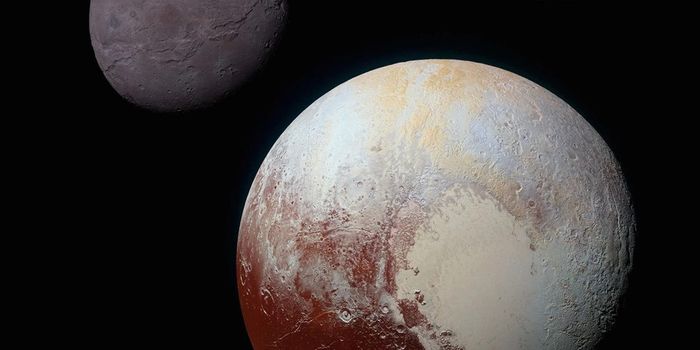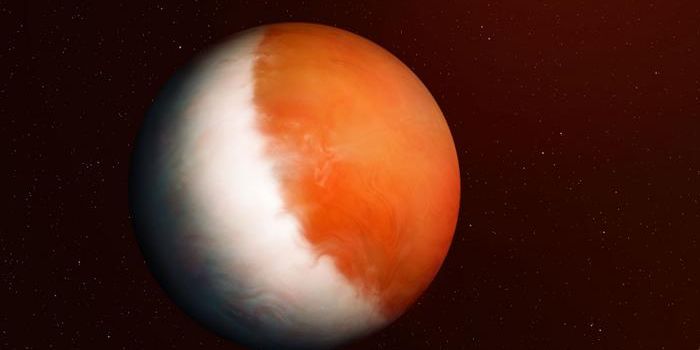Alien Radioactive Element Discovered on Earth for First Time
Researchers from Australian National University have discovered the first ever extraterrestrial radioactive isotope on Earth. The discovery is causing some to reconsider the origins of elements on Earth.
The extreme forces during supernovae, or star explosions, create many of the heavy elements known in the periodic table such as iron, potassium and iodine. Until now, it has been thought that heavier elements, such as gold, uranium and plutonium, require even more powerful events to come into existence, such as the merge of to neutron stars.
However, now researchers say this may not be necessary. For the present study, researchers analyzed a sample of Pacific Ocean crust for two isotopic signatures. The first was iron-60, produced mostly in massive stars and ejected in supernova explosions. The second was plutonium-244, produced by the rapid neutron capture process (r-process), a set of nuclear reactions that underly the creation of roughly half of the atomic nuclei heavier than iron.
In the end, the researchers found small traces of both iron-60 and plutonium-244 in the sample. As any of these isotopes that existed when the Earth formed over four billion years ago would have long since decayed, the researchers say that these traces must have come from more recent cosmic events that occurred near our planet.
Dating the isotopes suggested two distinct influxes of both to Earth within the last 10 million years. The researchers say that the isotopes arrived in similar ratios in both events.
"The story is complicated - possibly this plutonium-244 was produced in supernova explosions or it could be left over from a much older, but even more spectacular event such as a neutron star detonation," lead author of the study, says Professor Anton Wallner, one of the study’s authors.
“Our data could be the first evidence that supernovae do indeed produce plutonium-244...Or perhaps it was already in the interstellar medium before the supernova went off, and it was pushed across the solar system together with the supernova ejecta."
The researchers added that the detected levels of plutonium-244 were lower than expected if resulting from the r-process. They thus say that their findings imply contribution of this isotope from other sources.
Sources: Science Daily, Science









